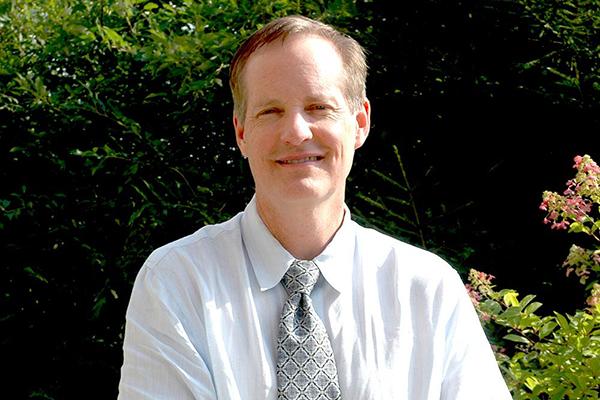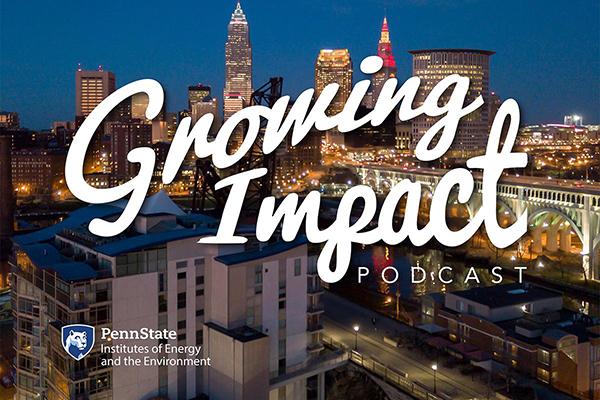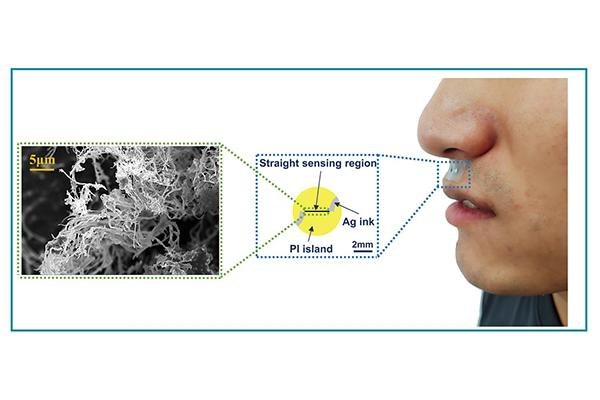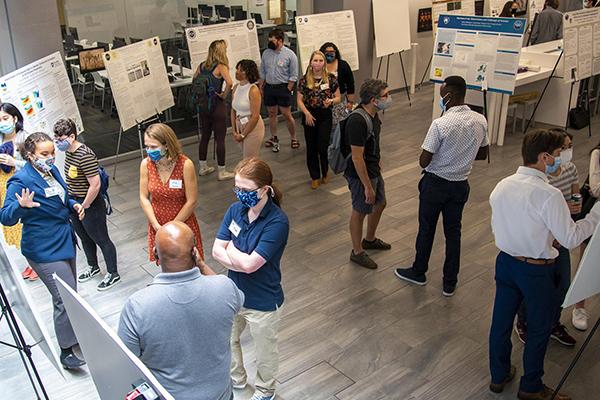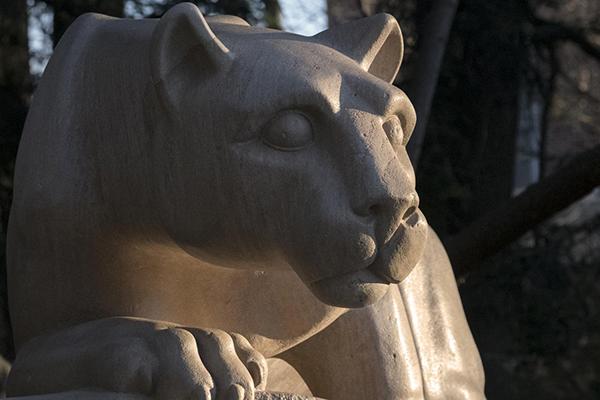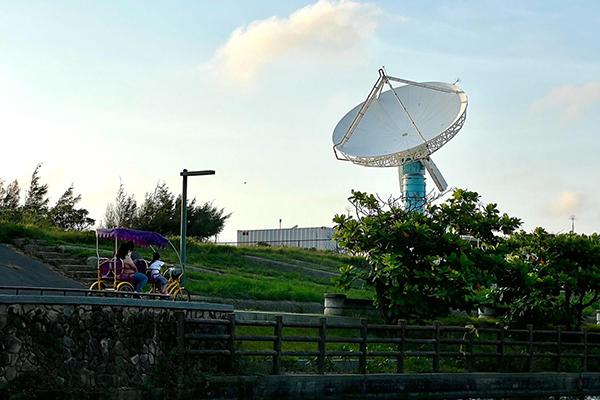Shuyu Chang, a doctoral candidate in Penn State’s Department of Geography, received a Future Investigators in NASA Earth and Space Science and Technology (FINESST) award to study harmful algal blooms in the Chesapeake Bay watershed.
The expansion of wind, solar, hydropower, biofuels and other low-carbon technologies has not accelerated at the pace needed to respond to the climate crisis and often there is a lack of equity and opportunities for communities on the front lines of the climate crisis.
Nickolas Sotiropoulos Jr. was selected to represent the College of Earth and Mineral Sciences as the student marshal for Penn State's summer commencement Aug. 13 in the Bryce Jordan Center on the University Park campus.
As demand for solar energy rises around the world, scientists are working to improve the performance of solar devices — important if the technology is to compete with traditional fuels. But researchers face theoretical limits on how efficient they can make solar cells.
Russell Johns, professor of petroleum and natural gas engineering at Penn State, was selected to receive the 2022 Improved Oil Recovery (IOR) Pioneer Award from the International Society of Petroleum Engineers (SPE).
The latest episode of the Growing Impact podcast features Emily Rosenman, an assistant professor in the Department of Geography in the College of Earth and Mineral Sciences.
Accurate, continuous monitoring of nitrogen dioxide and other gases in humid environments is now possible, thanks to a new water-resistant gas sensor developed by a Penn State led team.
Four summer research programs that task undergraduate students with exploring pressing research related to climate science and solutions are culminating in a combined event that is open to the public.
Penn State ranks in the top 50 in 16 subject area rankings and in the top 100 in the world in an additional 14 subjects, according to the Academic Ranking of World Universities (ARWU), which released its 2022 Global Ranking of Academic Subjects (GRAS) on July 25.
Penn State researchers spent their summer in one of the world’s wettest regions as part of an international effort to study extreme rainfall, hazardous weather events that can trigger deadly and damaging events like flooding and landslides.






